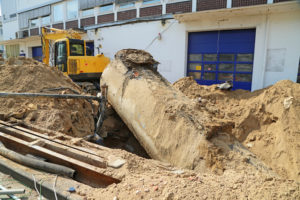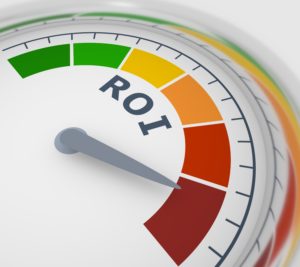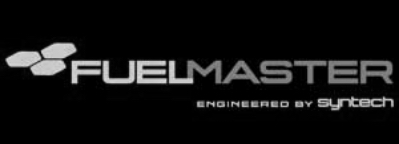Waste management is an integral component of our modern society. Each year, millions of tons of waste are generated worldwide, causing significant environmental and health concerns. The traditional approach to waste management has been to dispose of it in landfills or incinerators. However, this is not a sustainable solution in the long run, and it contributes significantly to pollution and resource depletion.
Today, leading waste management companies are seeking to revolutionize the industry by adopting innovative waste sorting and recycling technologies. By investing in these technologies, they are finding new ways to maximize resource extraction, minimize environmental impact, and even create additional revenue streams.
The Value of Waste Sorting and Recycling Technologies
The evolution of waste sorting and recycling technologies has opened up enormous potential for waste management companies. Cutting-edge technologies like infrared sorting, robotic sorting, and advanced waste management software are being utilized to streamline the waste sorting and recycling processes. These technologies not only increase the efficiency of waste management but also significantly boost the recovery rates of valuable materials.
Advanced waste management software is instrumental in enhancing transparency and accountability within the recycling industry. It helps track and report recycling efforts, allowing companies to monitor progress, identify areas for further improvement, and comply with government regulations. By maintaining meticulous records of their recycling rates and waste streams, these companies are able to make informed decisions that improve their operations and align with their sustainability goals.
Driving a Circular Economy
Investing in waste sorting and recycling technologies is not just a smart business decision—it’s a commitment to a sustainable future. Through these technologies, waste management companies have the potential to drive the circular economy, where waste is not viewed as an end product but as a valuable resource that can be reintroduced into the production cycle.
The concept of a circular economy challenges the traditional linear economy model, where goods are manufactured, used, and then discarded. Instead, it encourages recycling and reusing, reducing the demand for new raw materials and minimizing the amount of waste sent to landfills. Waste management companies are uniquely positioned to accelerate this transition by offering efficient recycling solutions and promoting responsible waste-handling practices.
Unlocking New Revenue Streams
While reducing environmental impact is a significant benefit, waste sorting and recycling technologies also offer an attractive financial incentive for waste management companies. By improving the extraction of valuable resources from waste, these technologies enable the creation of new revenue streams.
For instance, some waste materials like metals, plastics, or paper can be sold to manufacturers for reuse, while organic waste can be converted into compost or biofuel. The economic benefits of these new revenue streams can offset the initial investment required to adopt advanced waste sorting and recycling technologies, making it a win-win situation for both the environment and the bottom line.
Find More Ways to Take Your Waste Management Business to the Next Level
As we continue to grapple with the challenges of waste management and seek sustainable solutions, these technologies offer a way forward. They provide a means to transform our relationship with waste, from viewing it as a problem to seeing it as an opportunity. By harnessing the potential of waste sorting and recycling technologies, waste management companies are helping to create a more sustainable and prosperous future for us all.
Want to find more ways to take your waste management business to the next level? Take a look at our free guide – No Time to Waste: The Ultimate Guide to Enhancing Waste Management Efficiency – for innovative strategies to grow your business and increase efficiency.








